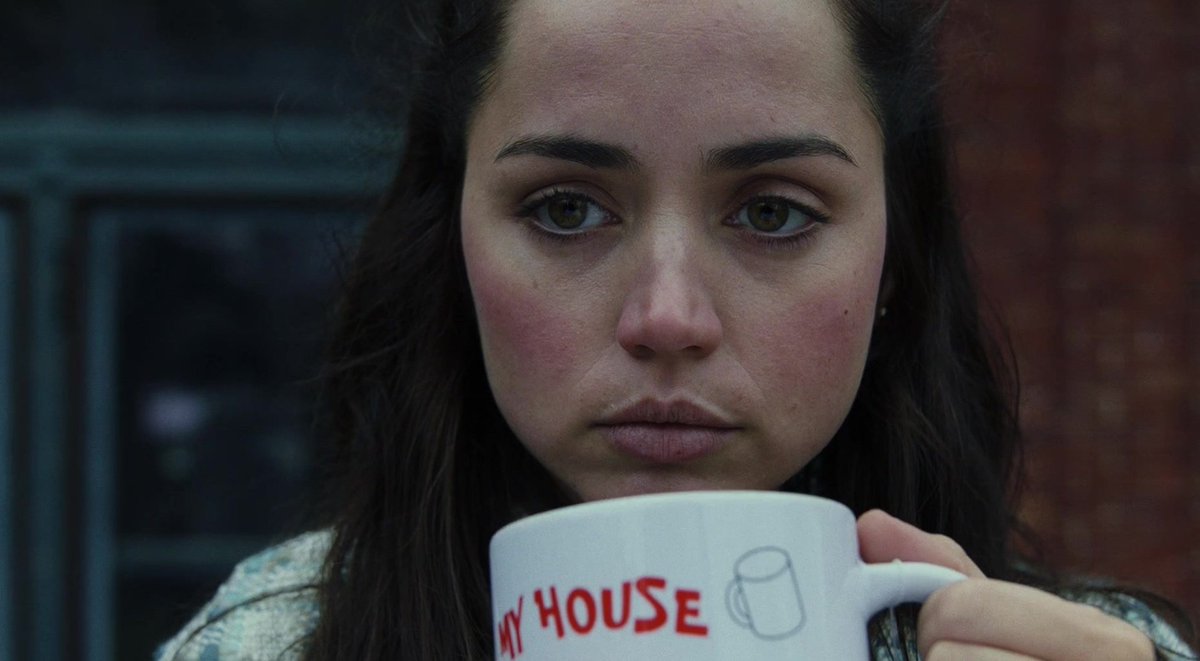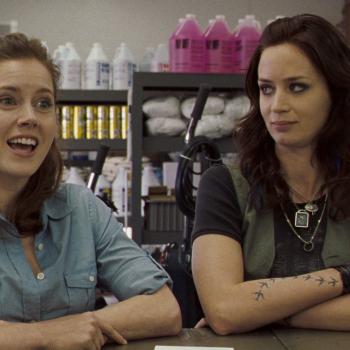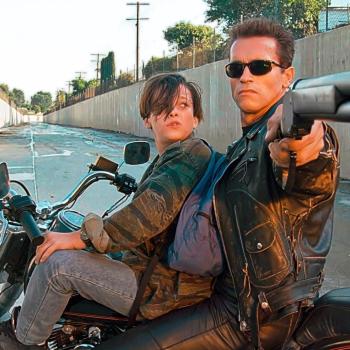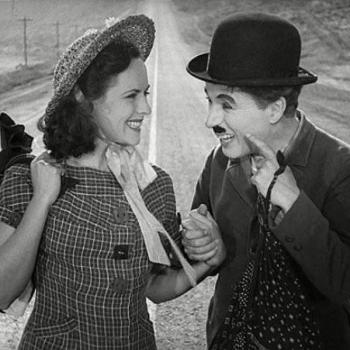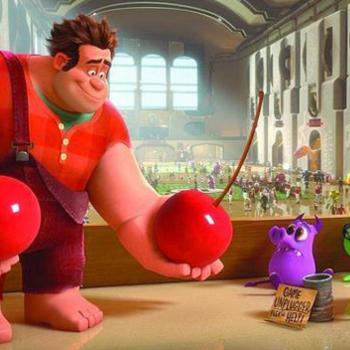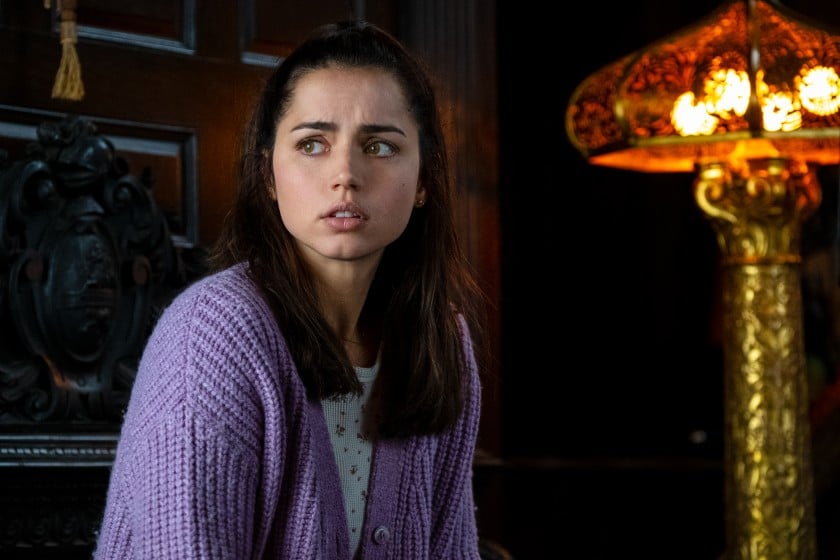
So this weekend marked roughly my dozenth watch of Knives Out. Not much else to do as I eagerly await the currently in-development sequels. On this viewing, what really struck me, aside from just how great Jamie Lee Curtis looks in phosphorescent pink, is just how good they manage to keep Marta.
That our heroine is this movie’s ambassador of morality should come as no surprise. It’s a regular truism in storytelling in general that goodness is the ultimate decider in who wins and who loses. May the most virtuous person win. Marta is certainly good, as the film reminds us many times: she is hardworking, humble, patient, and very attuned to the emotional needs of others. But there’s one facet of her goodness that I really fixated on: she doesn’t really ever call attention to how awful the Thrombeys are to her.

We the audience understand that the Thrombeys are a clan of entitled, vindictive little brats, and we recognize how they casually mistreat Marta, but Marta herself doesn’t ever really bite back at them for most of the movie. The Thrombeys insist that “we’ve been so good to you,” and “we’ve always treated you like family,” usually anytime they’re about to coerce her for their own purposes. And Marta usually recites this mantra back to them all the way until the eleventh hour when she’s about to confess to “killing” Harlan.
The movie plays with the “turn the other cheek” mentality espoused in Christian dialogue in a way that reveals a lot about how we define goodness. Even if they absolutely deserve it, Marta snapping at the family who has manipulated her would technically be an act of malice, and that would contradict her image as a wholesome beyond wholesome individual.
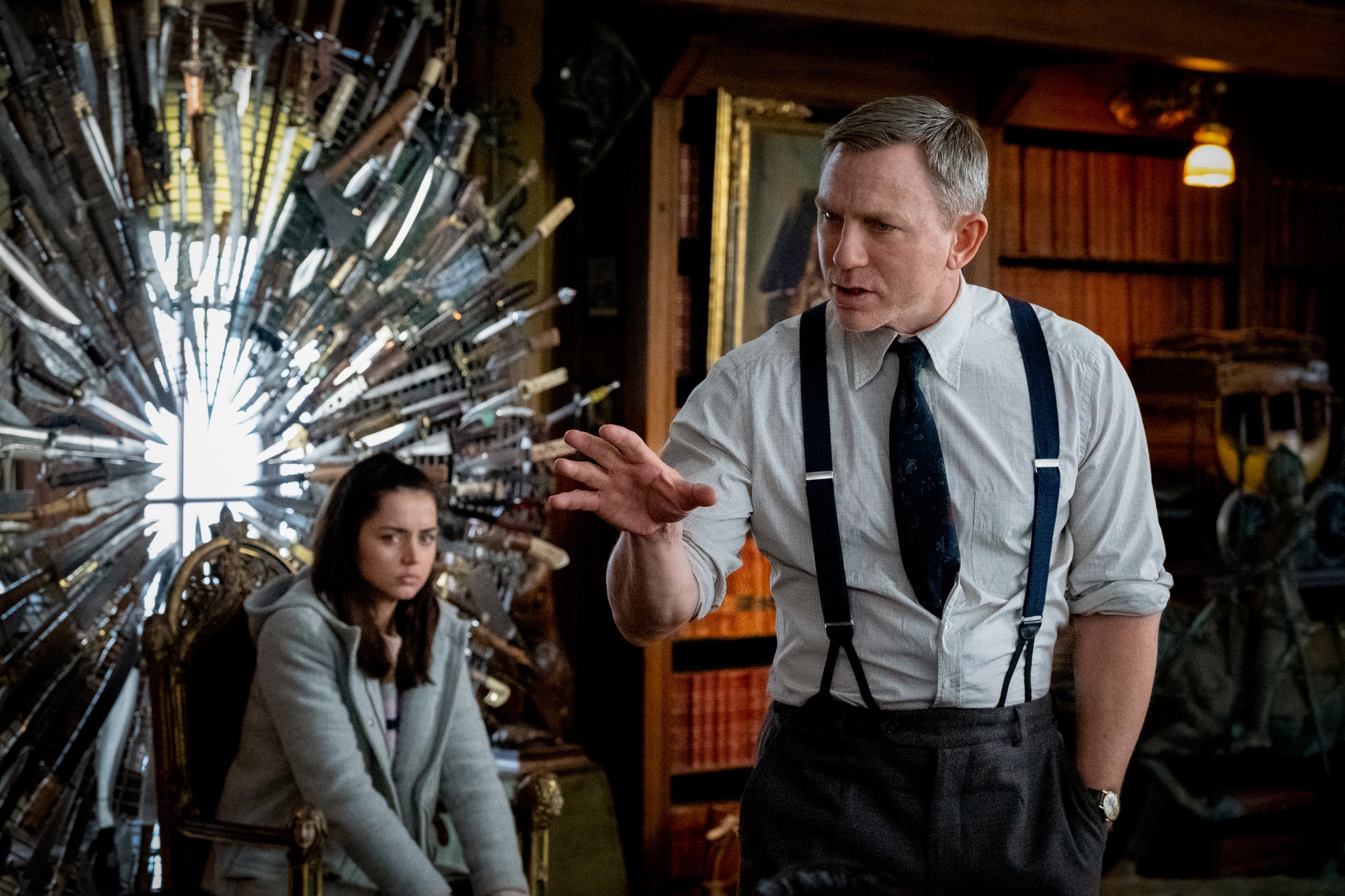
The film sidesteps that trap by instead letting Detective Benoit Blanc–definitely a good guy but free of the responsibility of having to prove his moral purity–call out the Thrombeys for their behavior. Blanc gets to say what we want to, and Marta gets to maintain her title as a morally unimpeachable human. It’s deeply cathartic when Blanc rails at the Thrombeys and calls them “a pack of vultures at the feast! Knives out and beaks bloody!”
Imagine if Marta had been the one to declare that she deserves the fortune. She’s not wrong, but still she’s somehow less sympathetic. Once a character starts calling themselves a martyr, they lose that humility piece that makes it so easy to sympathize with them.
It’s worth noting that the movie does permit Marta one jab against her abusers before the credits roll. Remember that after Ransom has been outed as the mastermind behind Harlan’s death, Marta does call Ransom an “a**hole,” her first act of true disdain against a truly disgusting person. This is framed as a moment of growth for Marta. She’s finally calling out the people who’ve tormented her for being truly awful individuals.
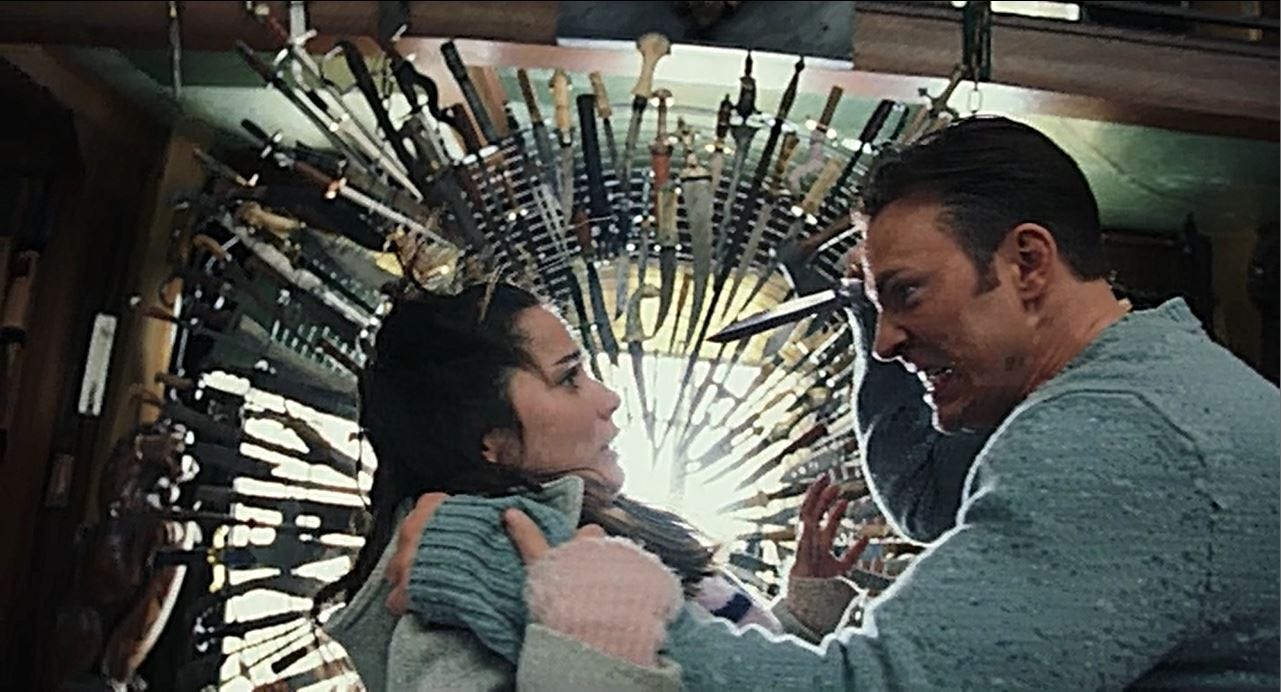
So what does this all mean about turning the other cheek?
The film presents this axiom in all of its contradictions. That Marta seems unable to stand up for herself only further endears us to her and assures us that she is good and, yes, she does deserve to call her out the Thrombeys for their inhumanness. Yet if she did that, she would lose some of her goodness.
To follow Christ’s instruction as writ, you can’t really push back against your antagonizer in any degree. And yet, the film seems to accommodate the reality that few of us are ready to truly fulfill this teaching to its fullest. Calling the dude who tried to frame you for the murder of your employer and friend an “a**hole,” probably won’t keep you locked out of the pearly gates.
But the film also reminds us that there is also power, even satisfaction, in abstaining from direct retaliation. This affords you a sense of dignity and power against which your enemy could never hope to compare. Think of the film’s final scene with Marta perched on top of the mansion, staring down at the newly evicted Thrombeys. She does not gloat, she does not mock. She just stares them down, secure that she is finally untouchable.
And we would not have it any other way.
